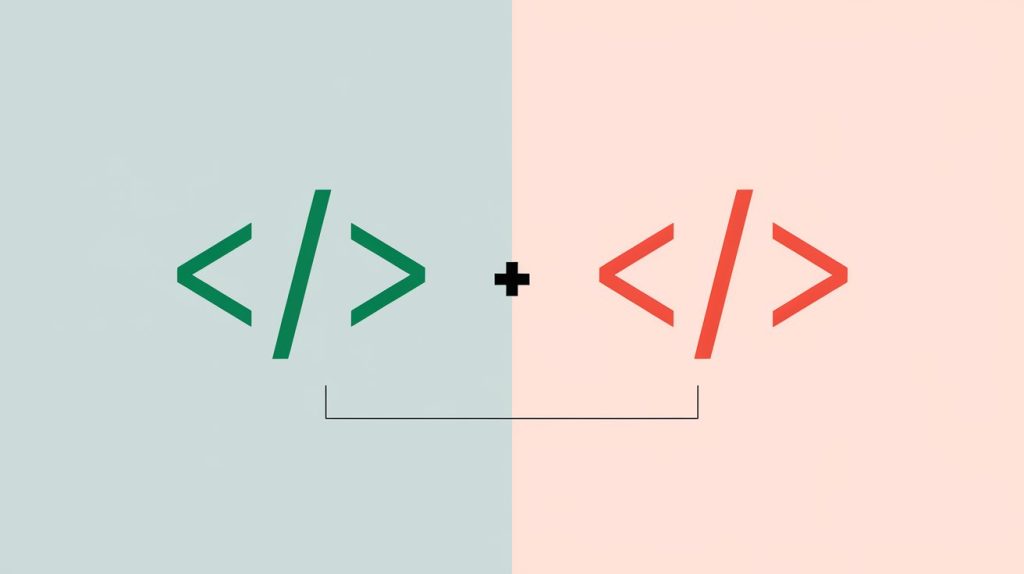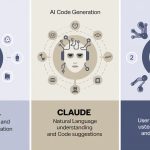Continue and Tabnine are two popular tools in the AI code-completion space. While they both focus on enhancing developer productivity with AI-powered suggestions, they differ significantly in their features, integrations, and strengths. Here’s a detailed comparison of both:
1. Core Functionality and Approach
Continue
- Primary Focus: Acts as an AI “copilot” in VS Code, leveraging GPT-4 and Claude models to assist with complex code generation, debugging, and refactoring.
- Interactivity: Known for its in-editor chat interface within VS Code, where users can ask the AI questions, seek explanations, or get help on specific functions.
- Coding Environment: Currently focused on VS Code, making it tightly integrated into the workflow for developers who use this IDE.
- Intended Use: Useful for developers who need interactive AI support for complex debugging, understanding, and generating code.
Tabnine
- Primary Focus: Autocomplete and intelligent code suggestions aimed at increasing coding speed and reducing repetitive tasks.
- Prediction Style: Offers real-time code completions and inline suggestions for single lines and entire code blocks based on the current context.
- Language and IDE Compatibility: Broad support across various IDEs and languages, including VS Code, JetBrains, and other editors.
- Intended Use: Best for developers who want speedy, accurate code completion to improve efficiency in coding across multiple platforms.
2. Language and IDE Support
Continue
- IDE Support: Primarily focused on VS Code with potential expansions, but limited support for other IDEs as of now.
- Language Support: Strong with popular languages such as JavaScript, Python, TypeScript, and more.
- Customization: Limited to VS Code currently, so developers who use different IDEs may find Continue less adaptable.
Tabnine
- IDE Support: Extensive compatibility with multiple IDEs like VS Code, JetBrains, Sublime Text, and Atom.
- Language Support: Wide language compatibility, including JavaScript, TypeScript, Python, Java, C++, PHP, and others.
- Customization: Works well with various environments, making it suitable for developers who work across multiple tools and languages.
3. AI Model Quality and Configurability
Continue
- Model Used: Built on GPT-4 and Claude models, known for their capability in understanding and generating complex code, explanations, and refactoring solutions.
- Customization Options: Developers can specify tasks in natural language, leveraging the interactivity of GPT models to generate contextually relevant suggestions.
- In-Depth Assistance: Superior for code explanation, debugging, and refactoring with its chat-based interface, which allows for a conversational approach to coding support.
Tabnine
- Model Used: Proprietary AI models trained on large code datasets, offering real-time predictive suggestions and autocomplete.
- Custom AI Models: Tabnine offers self-hosted models for enterprises, providing an option for organizations to customize the AI with private code bases.
- Speed and Efficiency: Prioritizes speed in code suggestions, ensuring minimal delay, especially beneficial in high-speed coding workflows.
4. Feature Comparison
| Feature | Continue | Tabnine |
|---|---|---|
| Code Suggestions | Contextual, chat-based, task-driven | Real-time, inline, predictive |
| Code Explanation | Advanced (GPT-4, Claude-based) | Basic inline completion and suggestions |
| Autocomplete | Limited compared to Tabnine | Core feature, real-time |
| Code Refactoring | Advanced, GPT-powered suggestions | Limited to line-level completions |
| Debugging Support | Contextual debugging via chat | Not a core feature |
| Platform Compatibility | VS Code | Multi-IDE |
| Language Support | Extensive | Extensive |
5. Pricing and Value for Money
Continue
- Free Version: Provides basic access in VS Code, which includes code suggestions and chat-based assistance.
- Paid Version: Access to advanced models like GPT-4 with enhanced performance and context-aware generation.
- Target Audience: Individual developers and small teams who use VS Code and prefer an interactive, AI-driven assistant to help explain and refactor code.
Tabnine
- Free Version: Basic code completion, with single-line predictions across multiple IDEs.
- Paid Version: Includes multi-line code completion, team collaboration features, and self-hosted models for enterprise users.
- Target Audience: Suitable for developers looking for high-speed code suggestions across various IDEs and programming languages; ideal for organizations that need customized, self-hosted AI models.
6. Security and Privacy
- Continue: Built on third-party models like GPT-4 and Claude, which rely on cloud-based processing, though some sensitive data concerns may arise.
- Tabnine: Offers self-hosted models for enterprise customers, which enhances privacy and security. This feature is valuable for organizations needing on-premise solutions to protect proprietary code.
Summary
- If you need a conversational AI assistant in VS Code for debugging, refactoring, and explaining complex code, Continue may be a more suitable choice.
- If you prioritize fast, predictive code completions across various IDEs and languages, or if you need a self-hosted solution for enterprise security, Tabnine is likely a better fit.



